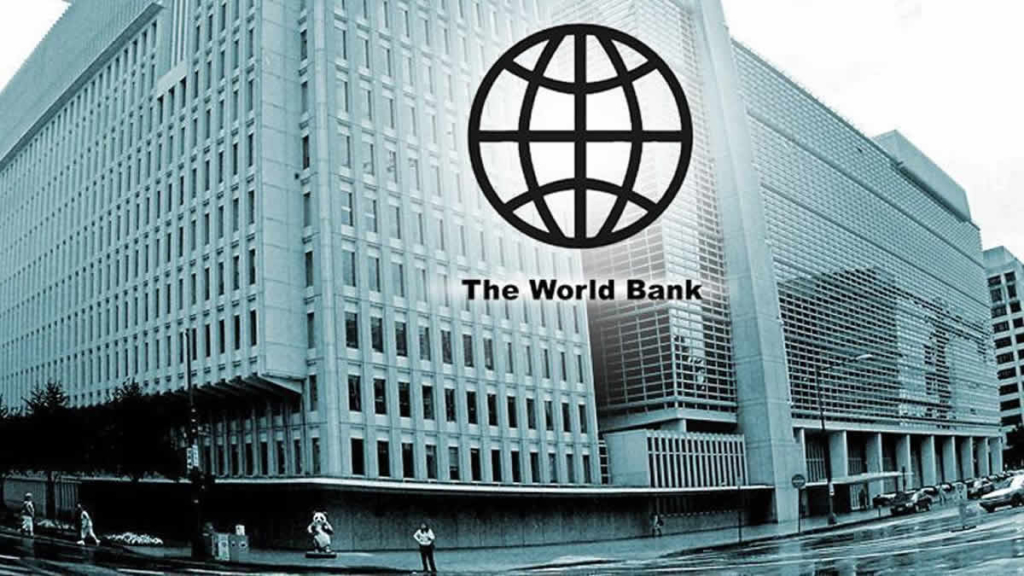The World Bank has maintained its 1.6% Gross Domestic Product (GDP) growth forecast for Ghana in 2023, far lower than the expected 3.2% for Sub-Saharan Africa.
This places it in the 42nd position in Sub-Saharan Africa. The International Monetary Fund also projected a 1.6% growth rate for Ghana in 2023.
According to its June 2023 Global Economic Prospects Report, Ghana’s economy is however projected to expand by 2.9% in 2024.
The report stated that the slowdown in the economy is due to the challenges facing the economy, as the Ghana government is undertaking an International Monetary Fund support programme.
“In Ghana, more timely data highlight the weakness of economic activity amid the deleterious global shocks and heightened macroeconomic instability”.
Five African countries, Malawi (1.4%), Sudan (0.4%), South Africa (0.3%), South Sudan (-0.4%) and Equatorial Guinea (-3.7%) are expected to grow lower than Ghana in 2023.

Risks to outlook
The World Bank said its baseline projections remain subject to multiple downside risks amid uncertainty about developments in global commodity markets, the degree of additional global and domestic policy tightening needed to subdue persistent inflation, and the resilience of the world economy and global financial system to a prolonged period of tight monetary policies.
It pointed out that commodity prices may remain unusually volatile and vulnerable to further shocks if disruptions to the supply of major commodities worsen—for instance, due to intensifying geopolitical tensions or conflicts. Furthermore, global activity may decelerate faster than envisioned if the reopening of China’s economy fails to generate a durable recovery.
Sub-Saharan Africa’s growth to slow down to 3.3%
Growth in Sub-Saharan Africa (SSA) is expected to slow from 3.7% in 2022 to 3.2% this year—a 0.4 percentage point downgrade from January forecasts—with a moderate improvement to 3.9% next year.
Over half of the 2023 downgrade, it said, is attributable to an abrupt slowdown in South Africa. However, downgrades are widespread across energy and metal producers, and non-resource-rich countries.
Excluding South Africa, the Bretton Wood institution, however, said growth in SSA is expected to slow from 4.2% in 2022 to 3.9% this year.
Source: myjoyonline.com





